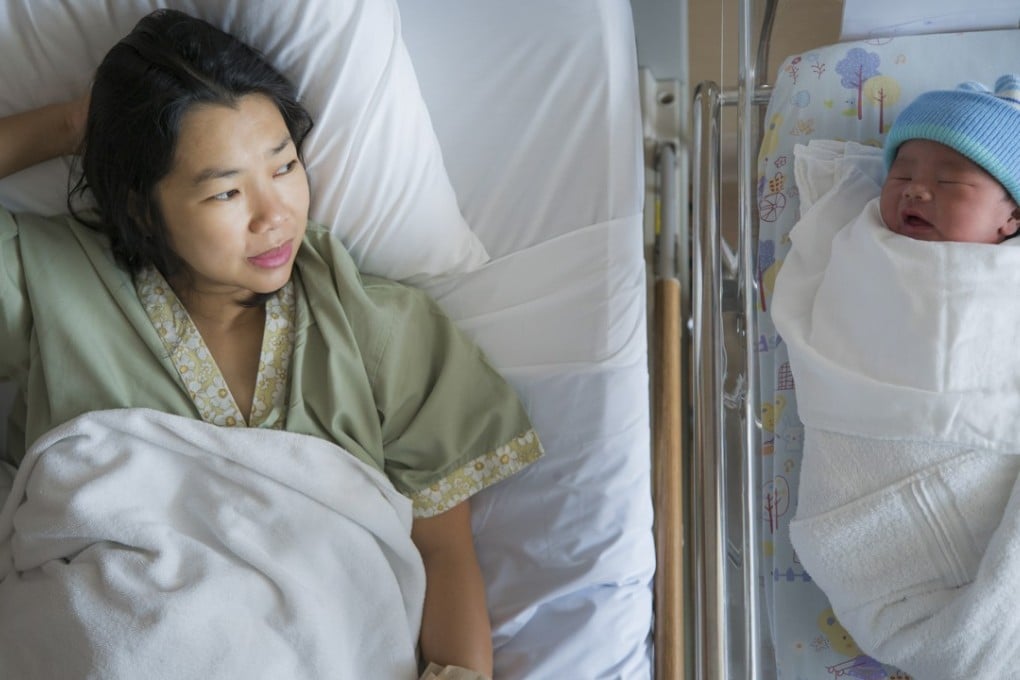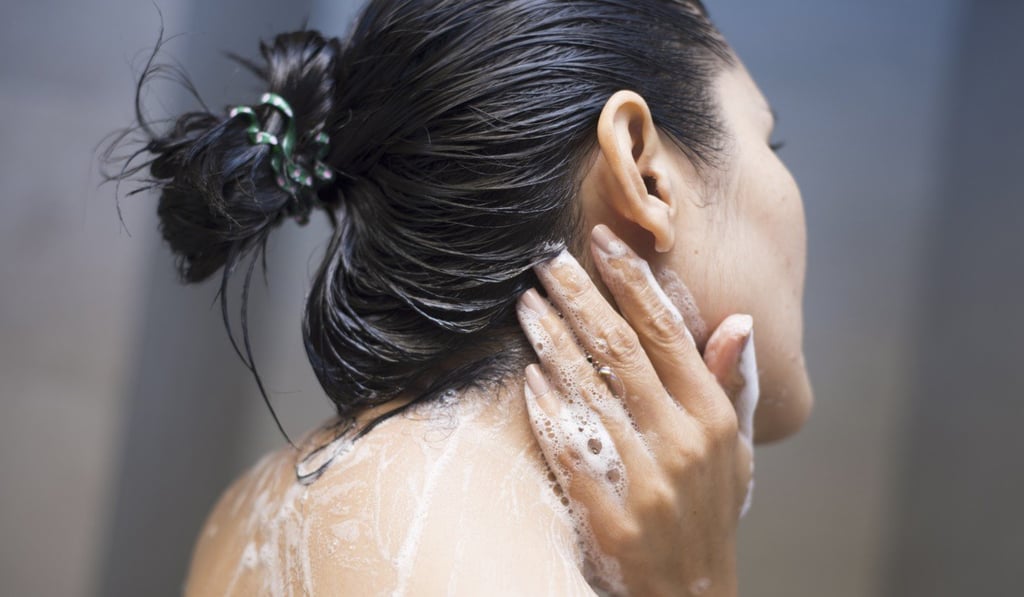Should you avoid bathing or leaving the house after childbirth, as Chinese tradition dictates?
Much of traditional Chinese postnatal confinement practice runs contrary to Western medicine. We ask health professionals from Chinese, Western and holistic backgrounds for their views on postnatal care

Imagine being told you are not allowed to wash your hair, have a cold drink, or leave the house for a month. This is not some bizarre form of house arrest; millions of Chinese women follow these restrictions each year as they observe the traditional Chinese practice of postnatal confinement known as zuo yue zi (cho yuet in Cantonese) or “sitting the month”.
Rooted in traditional Chinese medicinal beliefs, to sit the month is to follow a prescribed set of lifestyle and dietary guidelines designed to help a new mother recover from the stresses of childbirth.
Childbirth is considered synonymous with imbalance, as it involves a significant loss of blood, causing a new mother’s body to enter a state of yin. Cold food and drink must be cut from the diet, while bathing and exposure to wind is discouraged as the body is more susceptible to the cold.
The postnatal period is also treated as a crucial window of recovery for the mother, who is encouraged to rest throughout confinement. Cooking, household chores and care of the baby is passed on to hired help, in the form of a pui yuet confinement lady, alongside older family members, usually the mother and mother-in-law.

Showers and baths are off limits